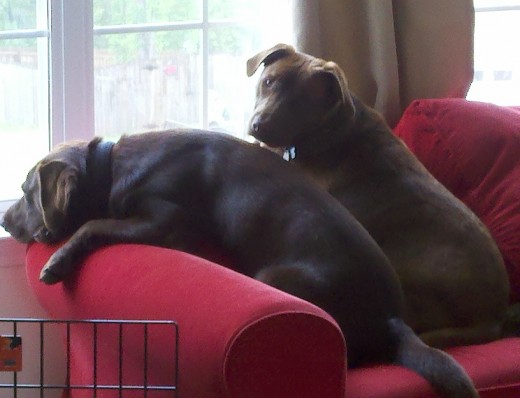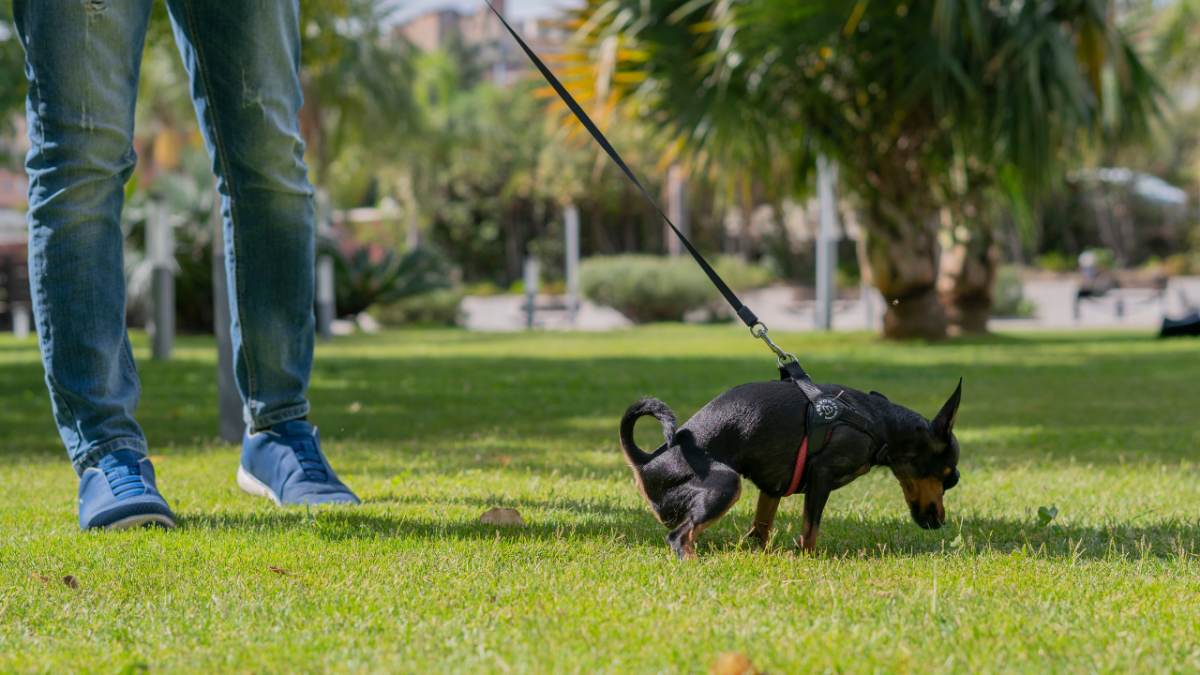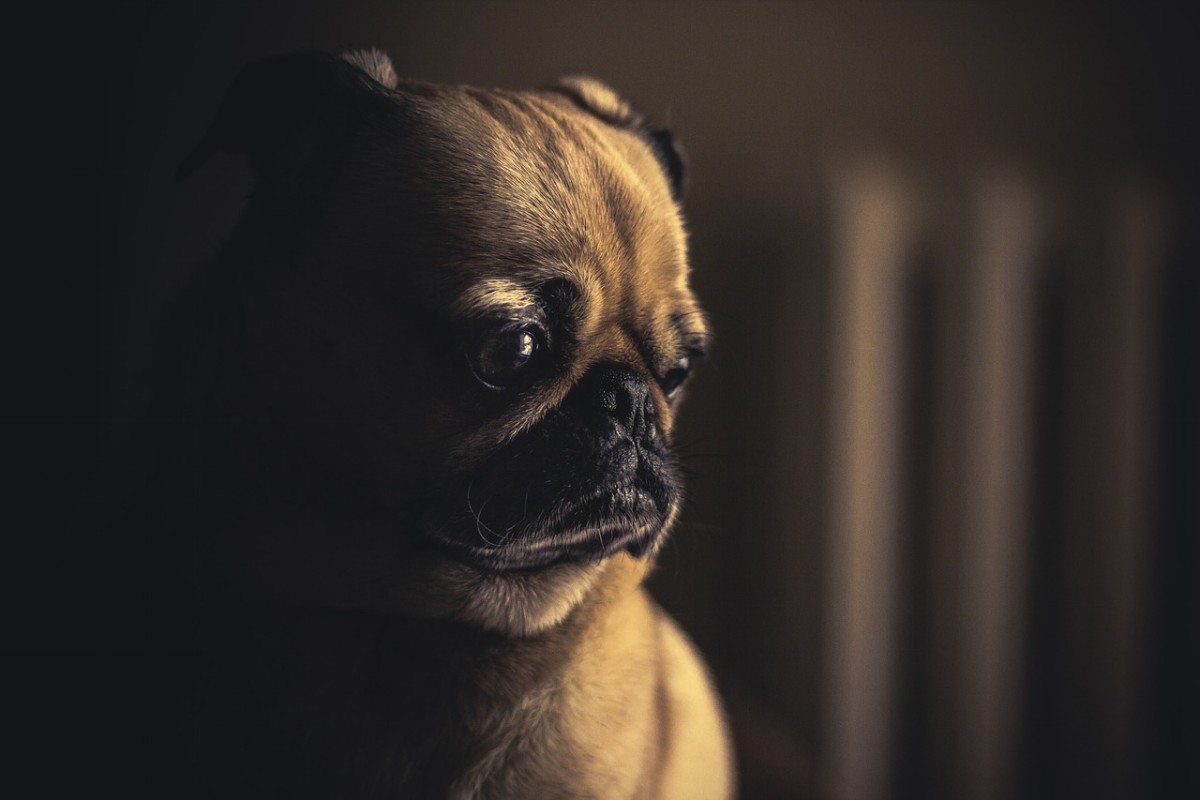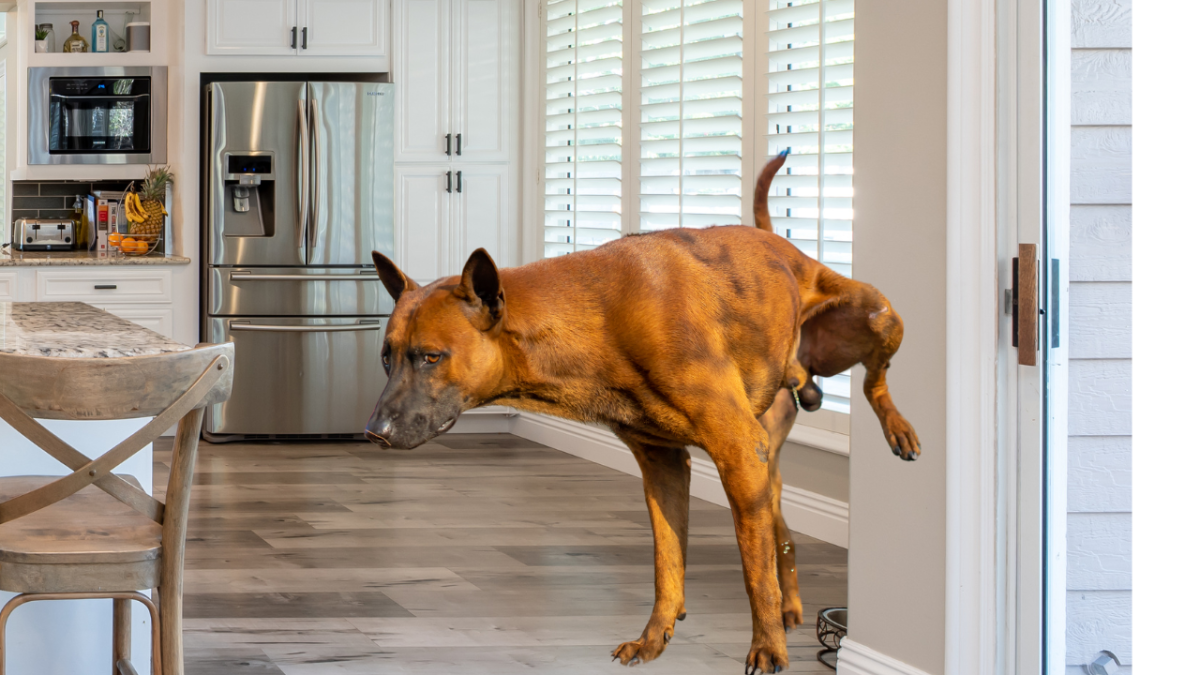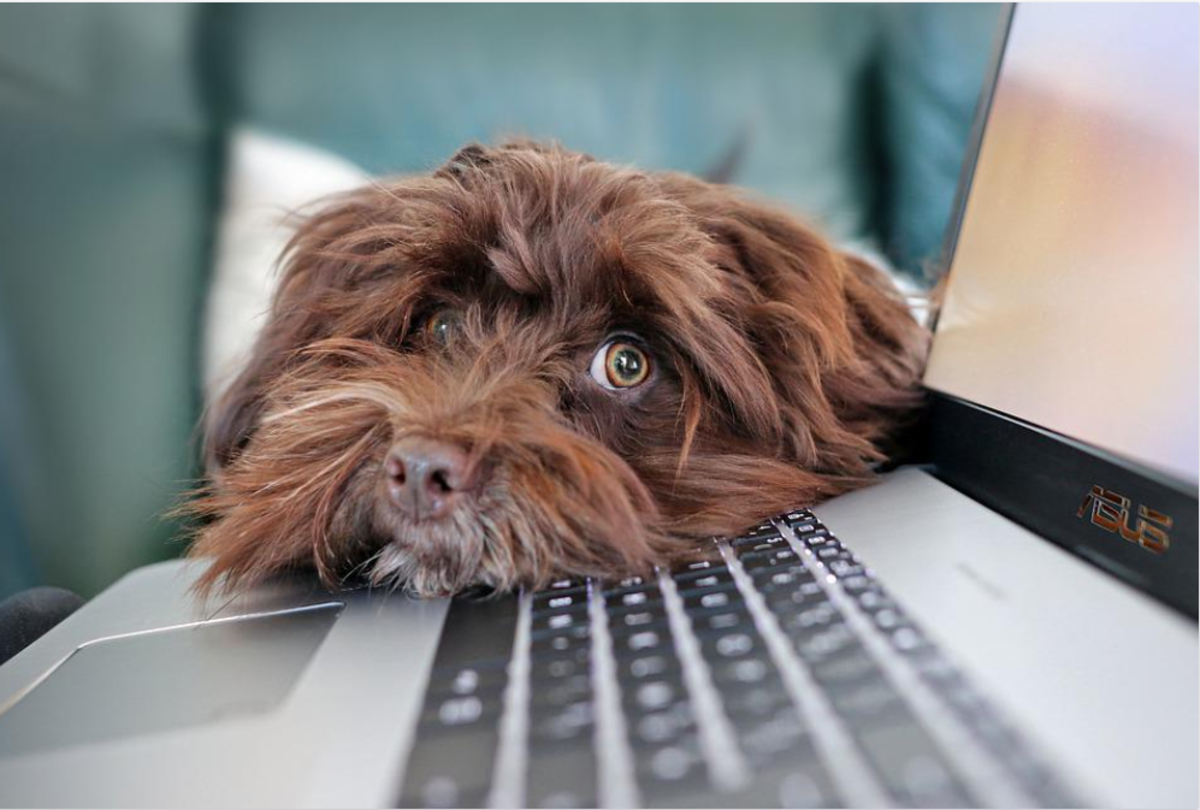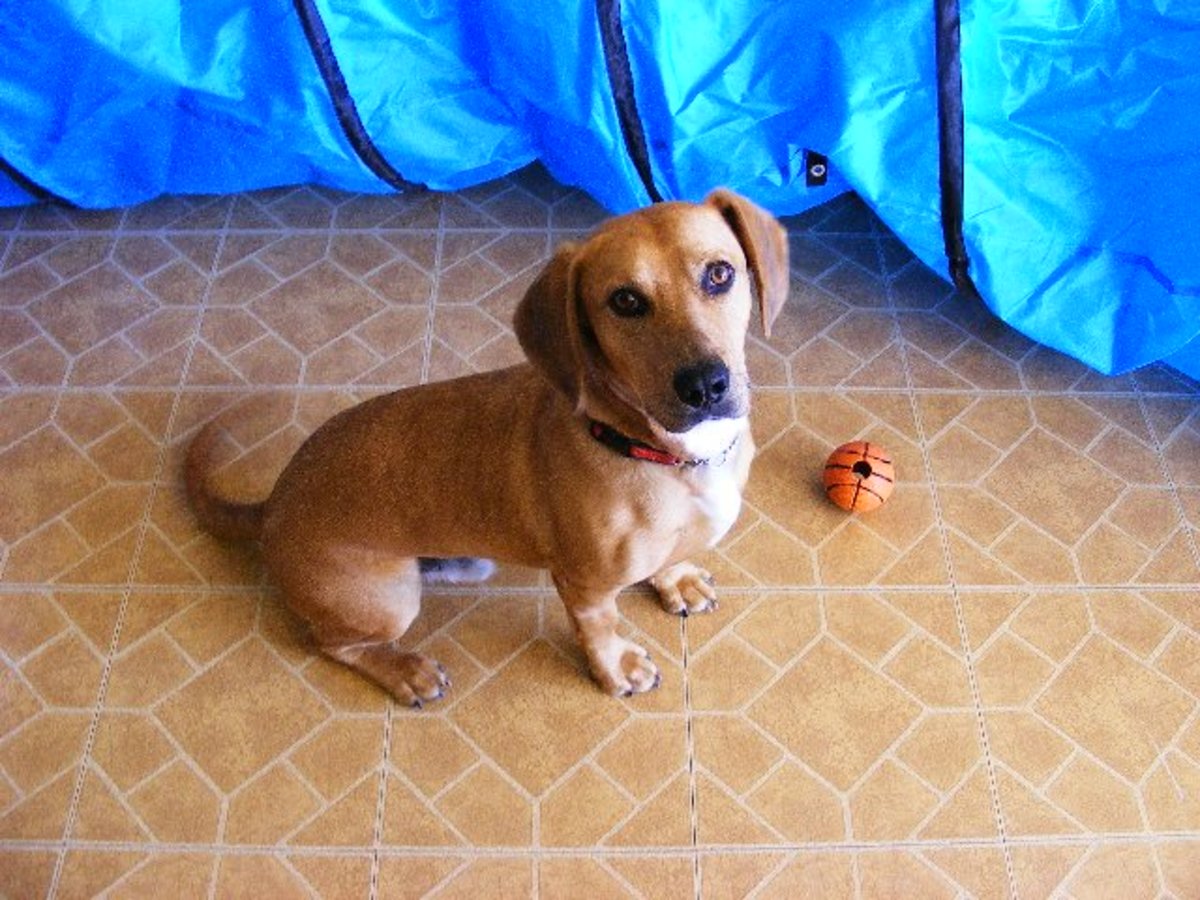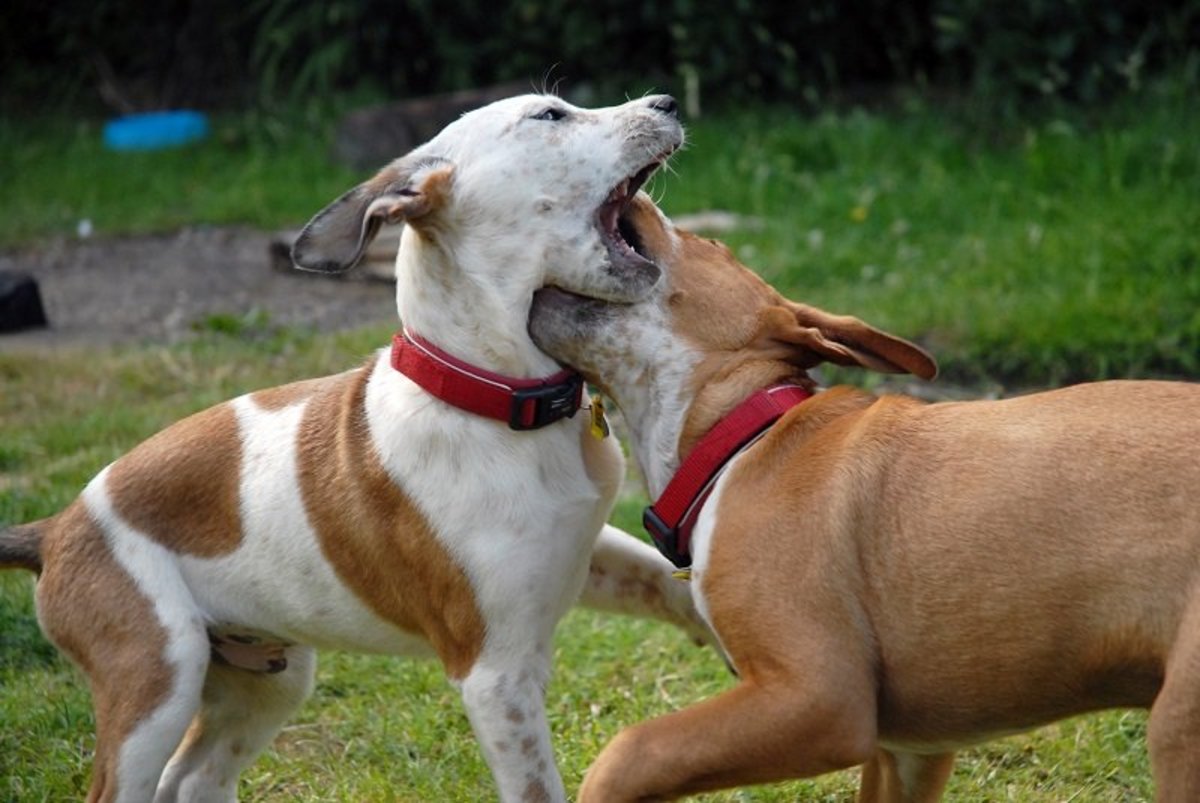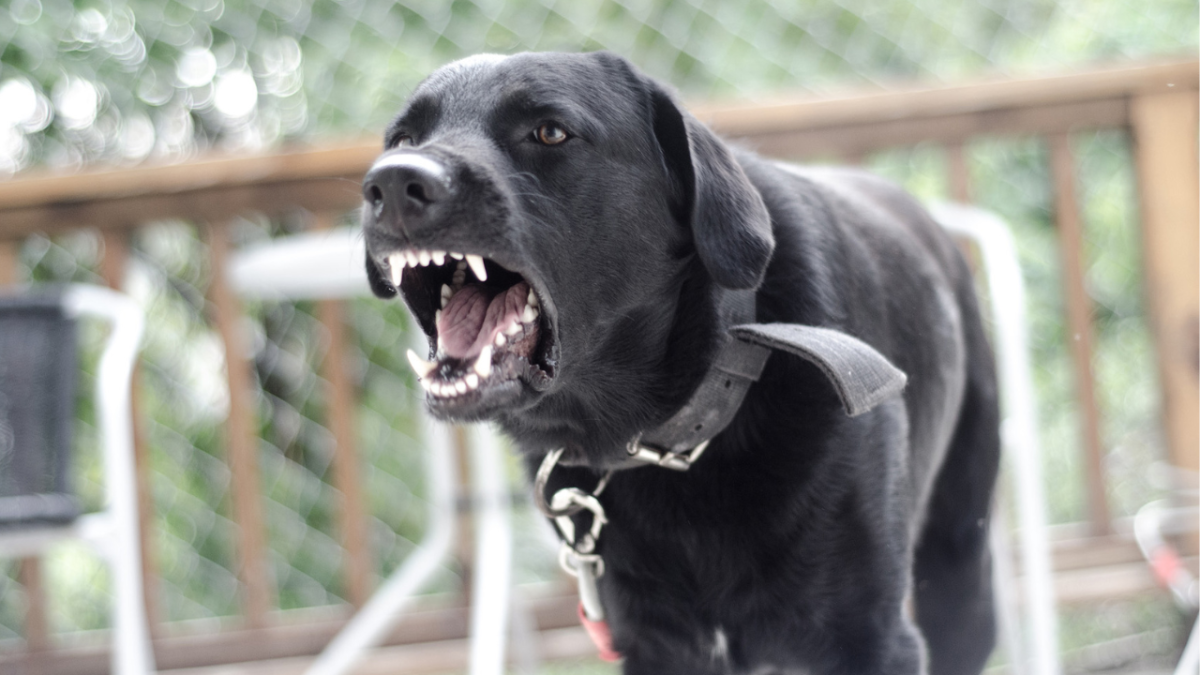How to Deal With Your Dog's Separation Anxiety
I have two dogs, a full chocolate Labrador and a Lab/pit mix, Cacau and Axle respectively. Shortly after I started working and my husband left for a business trip, my dogs started to show signs of separation anxiety.
First of all, let me say that I am not a professional dog trainer. However I believe my suspicions were correct and my plan produced positive results.
Next, let's review what separation anxiety means. Dogs are social animals who like to be within their pack. That means not only other dogs but human beings as well. For a dog, everyone else in their pack are dogs. Given that they are attached to each other, when a dog is left alone, he or she may feel insecure, and abandoned. Their way of dealing with that kind of stress, most of the time, comes in a destructive behavior. Whether hurting themselves by chewing on their tails, or destroying our houses by chewing on furniture, or littering on our so expensive wedding gifted rug - these behaviors can put your dog in serious danger!
My dogs received basic training and were pretty good in not getting into any of our things, especially our furniture. However, I noticed changes in their behavior, the biggest one being my couch... slowly losing its original form. Then the rug... Then the trash can and so on. They were extremely needy and had a lot of energy stored in their systems, meaning they were waking me up every other hour or so to "go potty". My house was being destroyed and I started to panic. That was when I took a deep breath, picked a piece of paper, a pencil and drew a plan. Here is the plan:
1) Crate training. We did not have the habit of crating our dogs, given that I have two, they could play with each other and spend some energy. Which they did! Seriously! They loved to chew on my couch together! That must have been fun, right? Well, not so much. So I bought a second crate and started crate training. The goal for crate training was to achieve a simple rule: whenever unsupervised and unable to stay outside, dogs go into their crates. It is safer for you and your house, but most importantly, it is safer for them. Have you imagined your puppy being hurt for getting in contact with a plant you did not know was poisonous? Or how about a glass vase that fell on the floor while they were running around your dining table? How about the risk of electric shock? On the other hand, your puppy could get hurt while trying to get out of his crate if he wasn't used to it, right? That is why training your dog to be in his crate is so important.
2) Discipline. Dogs like discipline, believe it or not. Before going outside, "senta!" (= seat, in Portuguese). Before getting back inside, "senta!". Before getting a treat, "senta!" As I poured food in their bowls, "wait!" and "fica!" (=stay, in Portuguese). We tend to feel bad about our pets when we are unable to give the attention WE think they need. As a result, we loosen up on the discipline. Discipline is attention and dogs crave for attention.
3) Tiredness. I use to say, a tired dog, a happy owner! Tired dogs do not have the energy to get into our things, so I made an effort to wake up at 5:00 hs e-v-e-r-y morning to play with them outside. This way, by the time I left for work they would be tired and most likely take a nap at least for the rest of the morning. Likewise, I dedicated some time to play with them after I got home from work.
4) Calming environment. That I learned by researching online. I bought a lavender scent and left in the room where they were crated during the day. I also left the radio on, in a station in which there was not too much music, but instead, talking shows. My take on that strategy is that dogs are used to the sounds and noises I made when I was at home and the radio was a way to pretend I was at home. My routine was to crate them as the last thing I did before leaving the house. For that they always received a treat, and after doors are closed, I did not say a word, and left as quietly as I could. The same process was done when I arrived back at the end of the day. Oh yeah... and they were only allowed out of the crate after giving mommy a beautiful "senta!" :o)
This is basically the plan. It was not easy at first and it took a couple of months for them to really get used to this new routine. However, I believe it worked because they improved their behavior and were much calmer overall. I have to say, though, that credits are theirs as well. My puppies are the cuttest, smartest dogs I have ever known. I love them with all my heart and would do anything to see those tails wagging! <3
